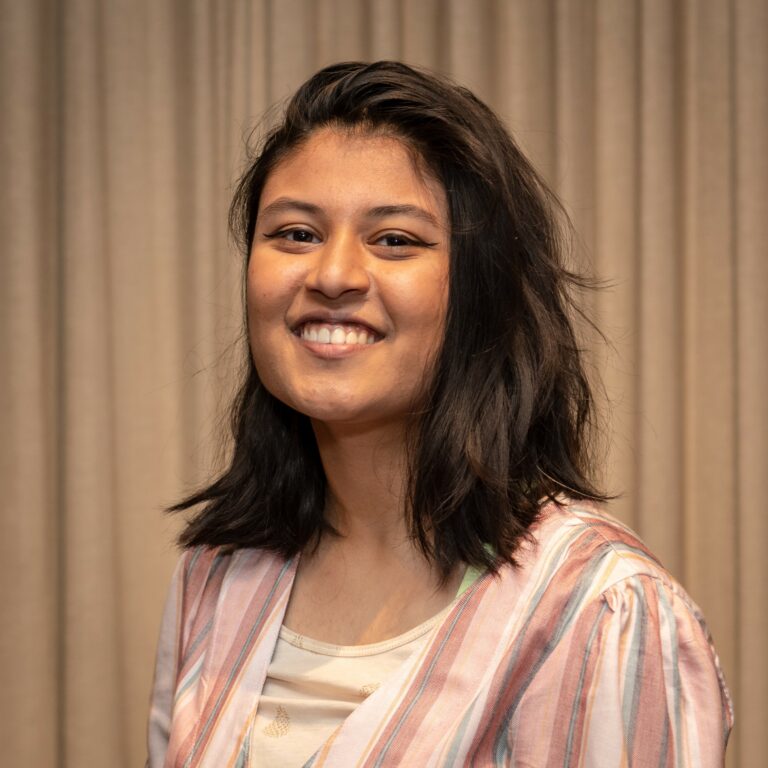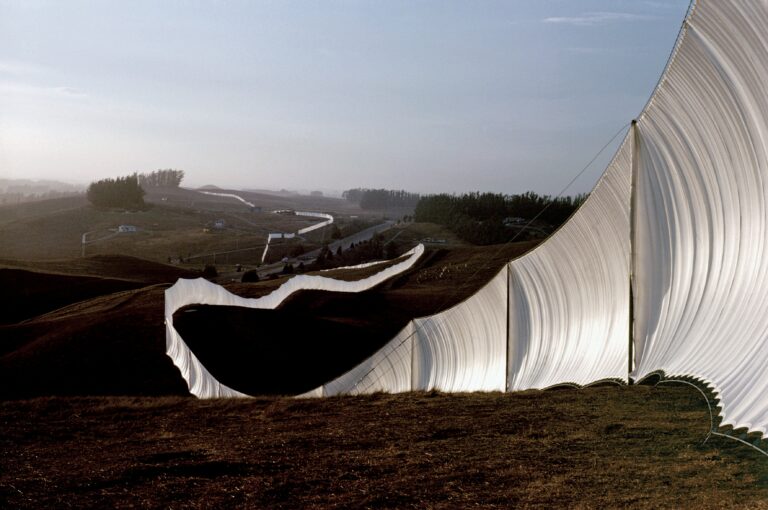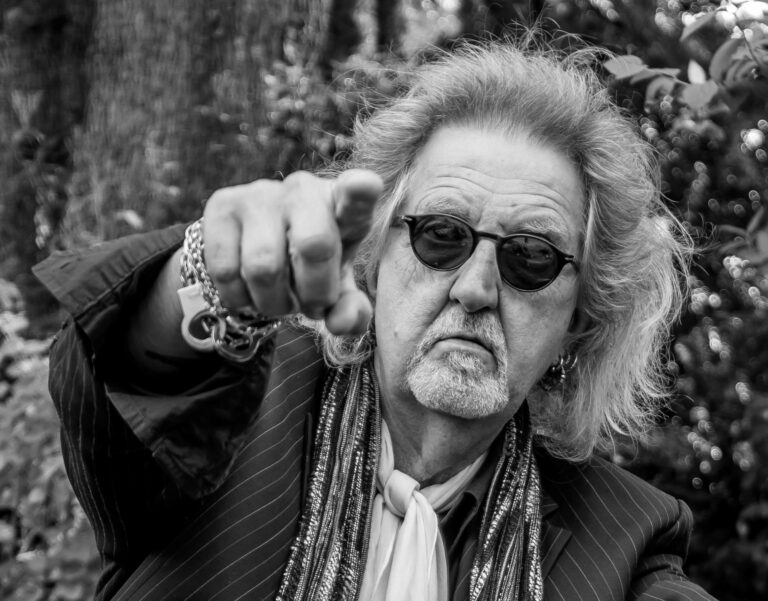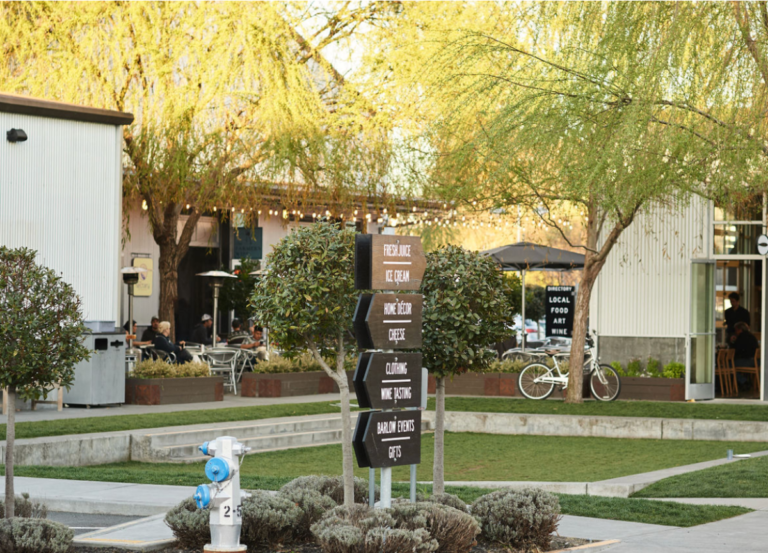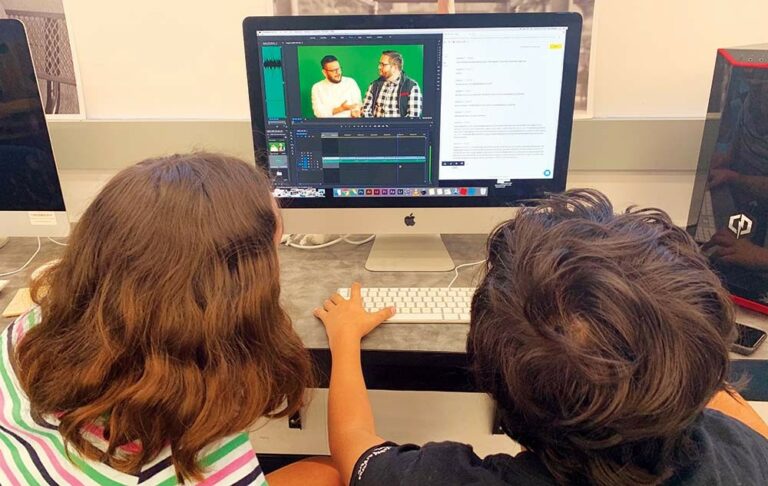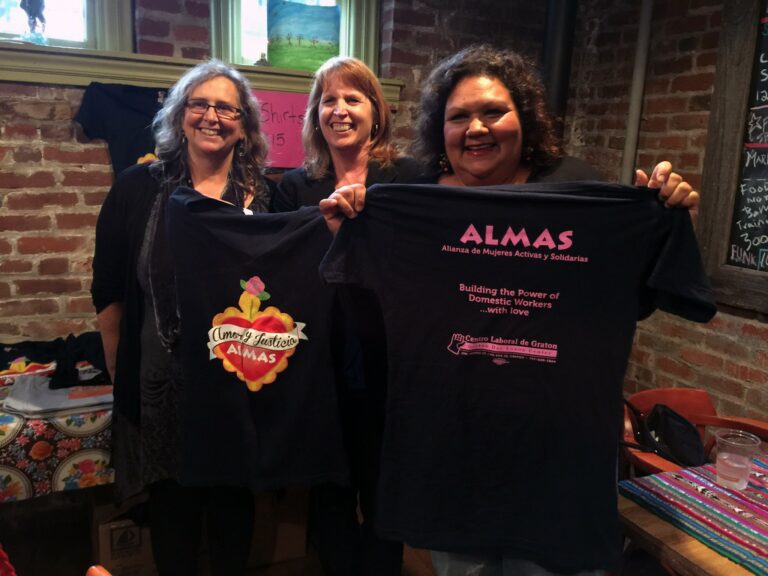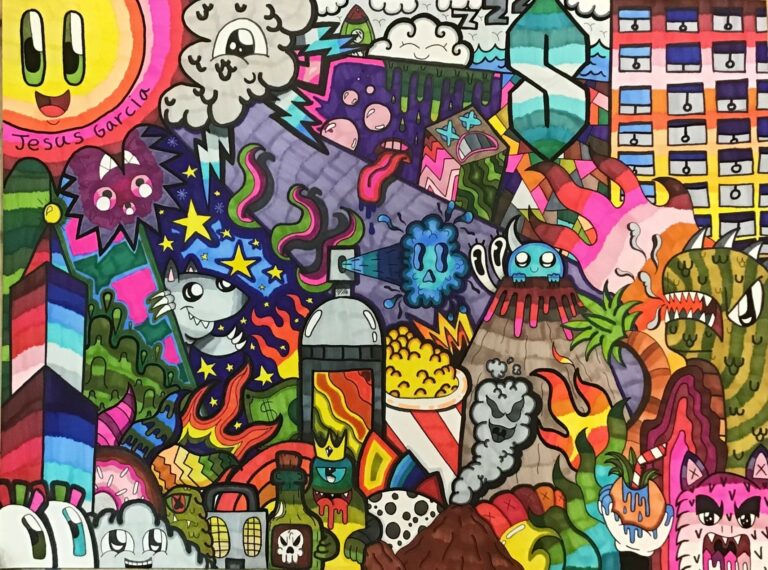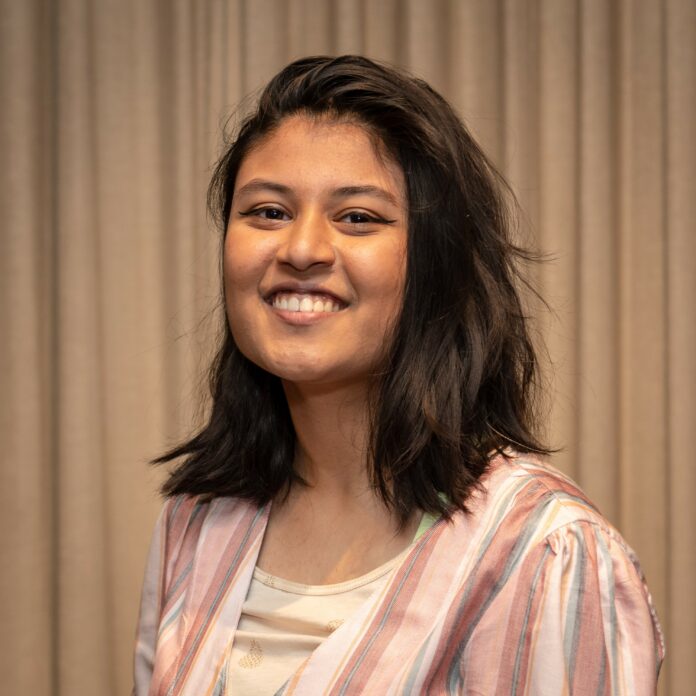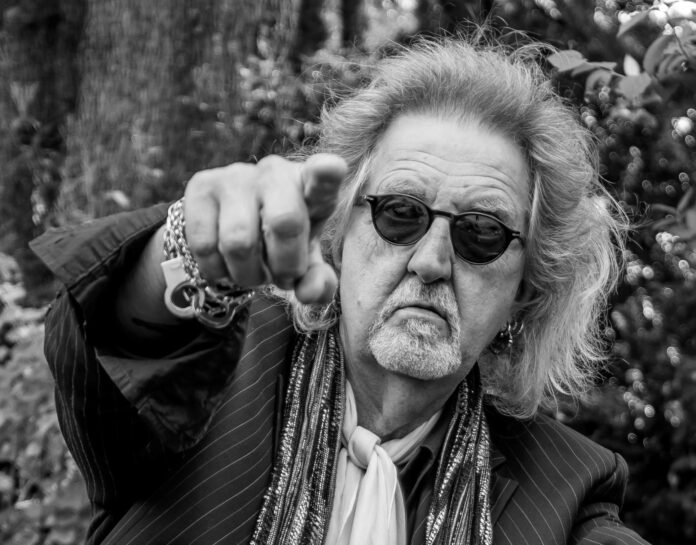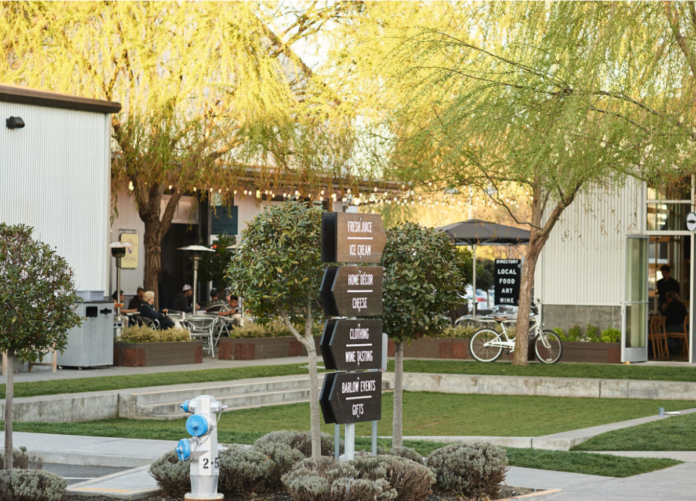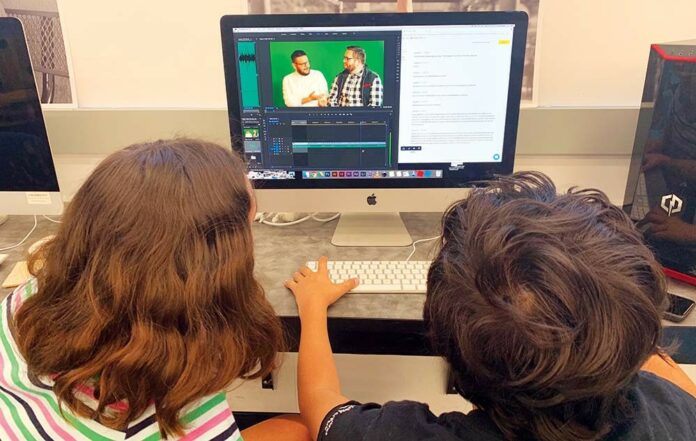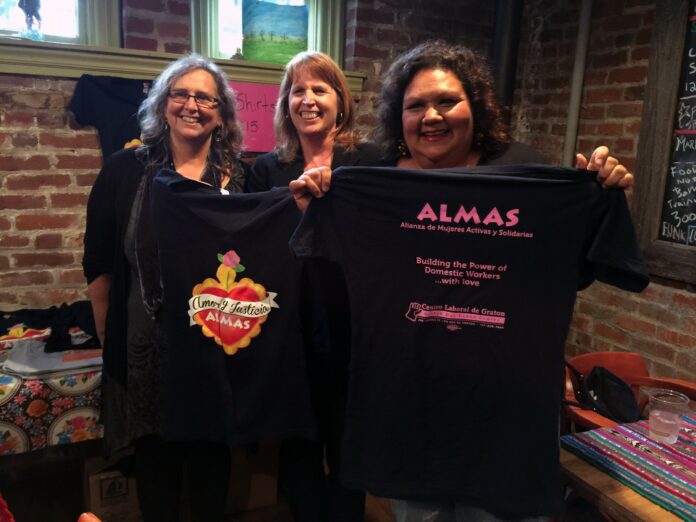Zoya Ahmed, an incoming senior at Maria Carrillo High School in Santa Rosa, has been named the first Youth Poet Laureate of Sonoma County. Nonprofit organization California Poets in Schools and Phyllis Meshulam, current Poet Laureate of Sonoma County, spearheaded the historical selection, and a local panel of poets and literary experts chose Ahmed from an esteemed pool of local student applicants.
Following in the footsteps of other California counties such as Alameda and Los Angeles counties, Sonoma County’s inaugural Youth Poet Laureate search began in March and aimed to recognize a local student who “achieved excellence in poetry” and who showed commitment to the arts through writing and engagement in clubs or afterschool activities.
The panel of judges tasked with selecting the youth poet laureate included Meshulam, outgoing Poet Laureate of Sonoma County Maya Khosla and other county poets and teachers.
“Zoya Ahmed is a brilliant performer,” Meshulam said, in a statement. “Empowering a young person with a microphone to reach out and address the many special concerns that others of her age may experience, is a very significant gift to the community.”
Before becoming Sonoma County Youth Poet Laureate, Ahmed was the 2019 winner of Sonoma County’s Poetry Out Loud recitation contest and went on to become a finalist in the California State Poetry Out Loud contest.
Ahmed’s one-year term as Sonoma County’s Youth Poet Laureate begins today, Monday, June 1. As the Youth Poet Laureate, Ahmed will lead or participate in at least five public appearances, including readings and workshops. While those events were originally planned to be in-person and ideally spread out over the county’s supervisorial districts, virtual events are now the likely and encouraged mode of engaging with the community until the Covid-19 pandemic retreats.
Ahmed’s first scheduled virtual appearance will be at the California Poets in the Schools Virtual Poetry Symposium happening June 26–28. Founded in 1964, California Poets in the Schools is one of the nation’s largest school literary programs and boasts over 100 trained, professional poet-teachers leading poetry sessions throughout the state.
Sonoma County schools and community organizations are encouraged to contact Ahmed through the California Poets in the Schools with inquiries about hosting her at a public event.
Along with the public and virtual events, Ahmed will be awarded a $500 prize and given the opportunity to publish a collection of her own poems or lead a similar youth-publication project of her choosing.
In a statement, Ahmed thanked her family and acknowledged poetry as her way of connecting to her heritage and staying resilient in difficult times. Read her full statement below:
“I embrace my diverse background as a first generation South Asian American, having both roots in Pakistan and India. This colorful heritage is my drive. Every day I am empowered to work hard towards achieving my goals, humbled by the opportunities I am given, and inspired to give back to the community.
My biggest motivators are my parents and my family, who encourage me each and every day. They are my muse; they symbolize the meaning of sacrifice in my life. Their stories, especially those of the women in my family, are what give my writing a spark of creativity and perspective.
My dad has really been one of my biggest supporters and has fueled my passion for poetry. Being a poet himself, he taught me Urdu as my first language along with Hindi, and that became the foundation of who I am as a desi American teen. Urdu is such a vibrant and poetic language as it embraces the rich tradition of poetry called shayari.
Having this background in poetry, I knew it was going to have a role in my life and thus I picked up writing a few verses in my free time. I find poetry to be a vehicle to connect with my own experiences and surroundings, a way to voice issues and topics that I want acknowledged. However, I never thought that I would have achieved as much as I have. Now, I am more motivated than ever to be resilient and persevere through my journey as a human being.”

